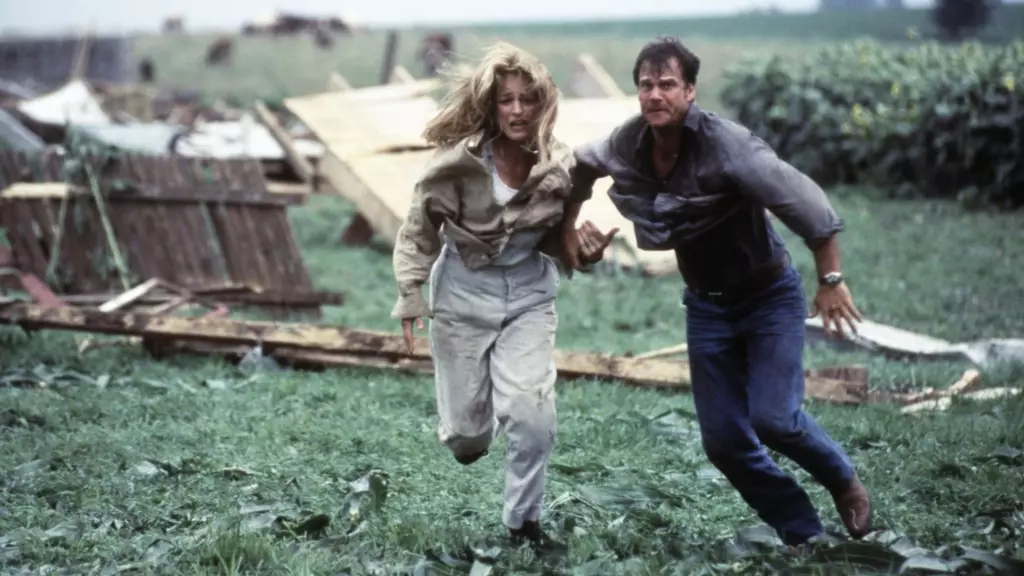As Twisters rips through theaters and updates a nearly 30-year-old franchise, the original movie’s creator is reflecting on how the movie got made. Director Jan de Bont recalled the “goddamned real” effects that went into 1996’s Twister and “ultimately decided whether the movie was made” as the sequel premieres in theaters. “We weren’t sure at the time if we could even make the movie, because of the difficulty of the effects,” he told Vulture. “And it took a long time – the hardware and the software had to be designed for the movie. It was like two steps forward and one step backward, but it was exciting.”
One of the scenes we did as a test, to see if we could make it believable, was the opening with the farm and the family going into the shelter. Another test we did was a shot from the inside of a car, because there would be so many images like that – seeing something come at you from the storm and hit the windshield, all while you’re moving forward in a real car. It looked so real. It was such a great effect – something coming right toward the camera, and it really hits the windshield. “The studio people were totally stunned at how effective it was. That ultimately decided whether the movie was made. Nothing else. Not the script,” added de Bont.
Grossing $494 million and earning two Academy Award nods, Twister starred Bill Paxton, Helen Hunt, Jami Gertz, Cary Elwes, Philip Seymour Hoffman and Alan Ruck as a group of amateur storm chasers attempting to deploy a research device during a severe tornado outbreak in Oklahoma. De Bont explained how he got an “incredible, reality-based response from actors” during the storm scenes. “We had two gigantic jet engines, mounted on big trucks, and they were going full blast while debris was thrown in front of them, blowing toward the actors,” he said. “Of course, you take the softest debris you could find. But as you see that and feel that coming at it – those powerful winds are so strong from the jet engines – you’re really walking against a storm. So, you’re not acting anymore. There’s nothing you have to do. You actually react. You respond to the power of the wind, and that makes it all very real.”
The Dutch filmmaker also recalled a scene in which giant combines fall from the sky, noting “that’s not visual effects; that’s real effects. We dropped those combines hanging from helicopters onto the road as the car was driving, which, of course, makes for the best reaction you can get from the actors, because it’s goddamned real. “They really fall from the sky, and it is not like a little fall. No, it’s a real combine, and multiple ones, and then they fall to the left and the right. And you have to drive around,” de Bont continued. “It looks dangerous from the ground, but in reality, it always was safe to do it. Using longer lenses, you make that distance seem even shorter, so it looks like it’s really close to the car. Generally, it was always like 20 feet or 30 feet in front of the car. It’s a little close maybe.”
The making of ‘Twister’ involved immense challenges in creating realistic effects that ultimately contributed to the success and impact of the film. Director Jan de Bont’s commitment to authenticity and practical effects resulted in a thrilling cinematic experience for audiences and showcased the power of combining innovative technology with real-world scenarios for maximum impact on screen.

